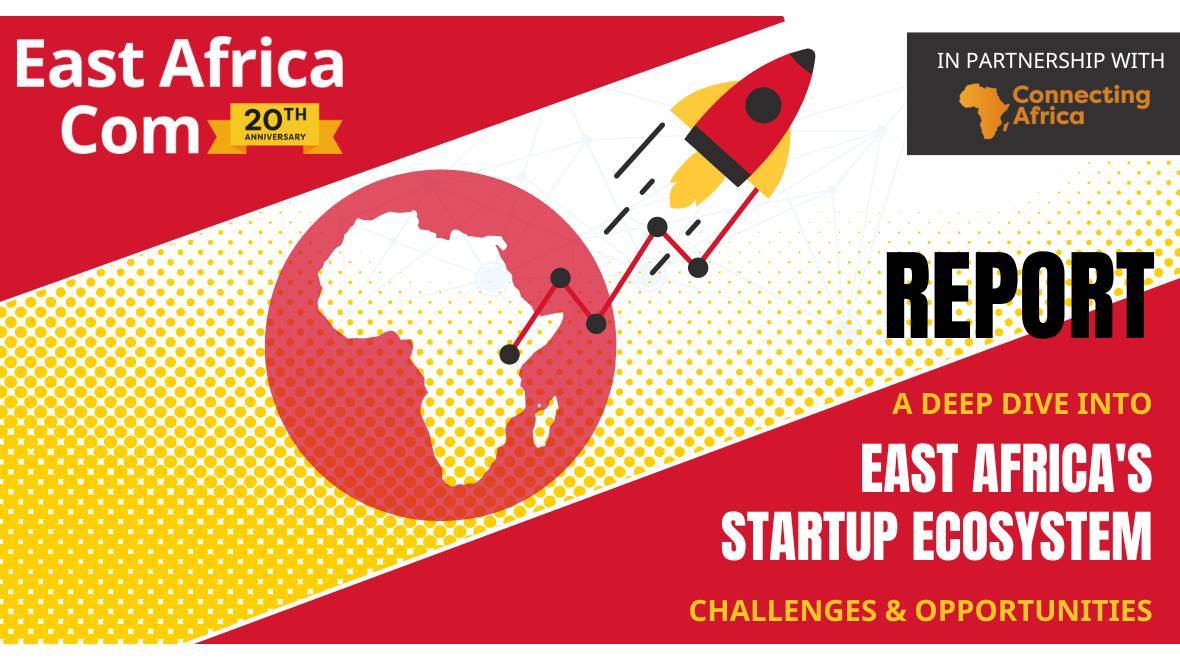SA Spectrum Licensing: What You Need to Know

South Africa's spectrum licensing process could finally move forward with plans for both 4G and 5G spectrum licensing set out by the Independent Communications Authority of SA (ICASA).
ICASA last week published an "Information Memorandum" aimed at outlining the authority's intentions with regard to the licensing process for high-demand International Mobile Telecommunication (IMT) spectrum.
The memorandum includes plans for the licensing of the bands: 700MHz, 800MHz, 2.3GHz, 2.6GHz and 3.5GHz, which will likely be used for a combination of 4G and 5G services.
This is a big step forward for South Africa, where mobile operators have been waiting for many years for high-demand radio frequency spectrum to be released by the government. Telcos have until now been forced to refarm 2G and 3G spectrum to provide 4G services, while plans for 5G have almost remained theoretical without access to the correct spectrum.
The inclusion of the 3.5GHz band has caused the most excitement as it is one of the bands identified as key for 5G deployments. South Africans were under the impression that the licensing of 4G spectrum bands would come first with 5G possibilities only on the cards to be licensed in 2020 and 2021.
ICASA said in a statement that the licensing of the high-demand spectrum "is one of the critical components to facilitate deployment of digital infrastructure to ensure that all consumers and the business environment participate meaningfully in future Information and Communications Technology (ICT) opportunities towards the digital economy."
The authority said that the release of high-demand spectrum is also an important step that gives effect to government's policy objectives of ensuring broadband access for all, transformation of the ICT sector, reduction of costs to communicate (particularly data costs), promotion of competition in the ICT sector and stimulation of inclusive economic growth.
"It has been quite a lengthy period of time towards the assignment of high-demand spectrum due to some or other challenges we faced as the regulator. However, with the release of the policy direction in the recent past, there is no justification to delay any further," said ICASA acting chairperson Keabetswe Modimoeng.
The long road here
As far back as 2011, ICASA was working on spectrum allocation plans for the 800MHz and 2.6GHz bands. Then in 2016, the regulator tried to get the ball rolling and set plans in motion to license spectrum in the 700MHz, 800MHz and 2.6GHz bands. However, its plans were halted by a court interdict from what was then the Department of Telecommunications and Postal Services, and the spectrum process was left in limbo once again.
Promises were made last year that spectrum would be allocated by the end of March 2019, but that deadline came and went. In June, South African president Cyril Ramaphosa promised that Communications and Digital Technologies minister Stella Ndabeni-Abrahams would publish the policy on high-demand spectrum within 30 days, which she did on July 26, 2019. (See South Africa Finally Publishes Spectrum Policy Direction and SA President Promises Spectrum Policy Direction Within 30 Days.)
Since then, everyone has been waiting to see what happens next.
After the ICASA information memorandum came out on November 1, 2019, Ndabeni-Abrahams put out a statement saying that she "commends ICASA for its undertaking to expedite the spectrum licensing process."
"Its successful completion will enable interested parties to materialize investments that are much needed in the sector through both infrastructure and services procurement. Further, the IMT spectrum licensing will benefit the people of South Africa through increased competition, transformation of the sector and a lower cost to communicate," she added.
Allocation expectations
ICASA admits that South Africa is experiencing continued growth in demand for more spectrum as a result of significant growth in mobile traffic.
"The deficiency of assigned Spectrum for IMT brings constraints and challenges in the provision of broadband services. To address South Africa's bandwidth deficiency, the currently assigned bandwidth of 566 MHz IMT spectrum needs to be increased to 958 MHz in the immediate future in accordance with the Authority's five-year strategy," the document states.
It looks like there will be five options going forward for how the spectrum will be licensed and ICASA says that interested parties have until January 31, 2020, to comment. All of the five options include a special lot of spectrum allocated specifically for the government's planned wireless open access network (WOAN).
The WOAN is supposed to be a "public-private sector-owned and -managed consortium" and a policy instrument to lower barriers to entry for smaller players, improve the ownership of the ICT sector by historically disadvantaged individuals and to promote service-based competition.
ICASA says spectrum will be awarded on a national basis and applicants will be able to bid for spectrum in specific lots.
"The reserve price for each LOT will be different and will be determined by the Authority."
It seems the authority is considering a few different formats to sell the spectrum but says the auction stage may take the form of a "simultaneous multi-round ascending" auction, which would take place over a number of rounds, where bidders will be requested to submit a bid for the lots they are prepared to acquire at specific reserve prices. ICASA says the reserve price for each lot will be published in the formal Invitation to Apply (ITA), the next step in the process.
The successful licensees will also have to adhere to specific obligations, which include average upload and download speeds, coverage targets for rural areas, commitments to transformation and also allow access on their networks to mobile virtual network operators (MVNOs). They will also have to agree to procure at least 30% national capacity from the WOAN for at least five years.
Operators react
South Africa's telecoms operators have, in general, welcomed the publishing of the information memorandum.
Cell C said it supports ICASA's efforts in speeding up the deployment of high-demand spectrum for next-generation technologies.
"Cell C notes that ICASA has included the 3.5GHz band which was excluded in the Minister's policy directive issued in July this year. Cell C will study the information memorandum, and will make further comments in due course," it told Connecting Africa.
Similarly, Vodacom Group's CEO Shameel Joosub said in an emailed response that the information memorandum is "encouraging and a step in the right direction."
"That said, there are some points of clarification that we will seek from ICASA before we table our response ahead of the January 31, 2020 closing date. This includes a timeline on when the digital migration will take place as this is a critical component in fully understanding terms and conditions attached to 4G spectrum awards. Lengthy delays in completing the digital migration and allocating 4G spectrum have curbed the pace at which data prices could have fallen."
He was referencing South Africa's extremely delayed digital migration process, which means that most 700MHz and 800MHz spectrum is still being used for terrestrial broadcasting.
In 2006, South Africa committed to the International Telecommunication Union's June 2015 deadline for all countries to switch from analog to digital terrestrial television. However, SA missed the deadline and to this day has still not fully migrated.
"ICASA's plan to address 5G spectrum is also welcomed, as we are ready to provide 5G services to our customers in South Africa. The advent of 5G will open up a world of possibilities when it comes to the creation of new industries and jobs," Joosub added.
MTN's executive for corporate affairs, Jacqui O'Sullivan, told Connecting Africa that the telco believes that the Information Memorandum will provide a framework on ICASA's approach to the licensing of high-demand spectrum.
"This will also provide transparency to the market prior to the publication of the ITA and greater understanding of the process and rationale applied in the licensing approach adopted by ICASA," she said.
Telkom did not have much to say, telling Connecting Africa: "We are still studying the document; we will offer comment once we understand the implications."
— Paula Gilbert, Editor, Connecting Africa










